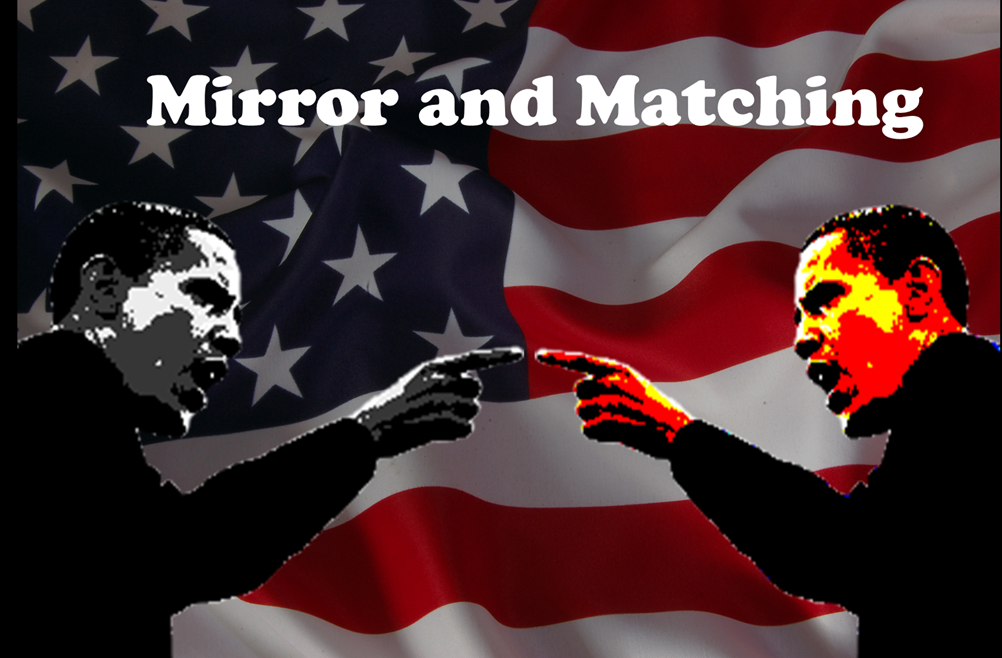 Over the next 24 hours all eyes will be on US President Barak Obama as he plays host to the British PM David Cameron at the White House.
Over the next 24 hours all eyes will be on US President Barak Obama as he plays host to the British PM David Cameron at the White House.
And whilst Anglo-American relations are warm and friendly, Obama’s body language will reveal his pan-European tendencies when it comes to security and data protection.
This is in sharp contrast to the reticence of David Cameron to an intra-country solution as advocated by European Commission President Jean-Claude Juncke who’s determined to fast-track the EU General Data Protection Regulation this year.
David Cameron and Barak Obama have a working dinner tomorrow night and will meet in the Oval Office on Friday. They’re expected to discuss a whole range of issues and of course cyber-crime and data protection will be pretty high on the list.
It’s frankly ironic that David Cameron will be sitting down to hear those same arguments for an end to a patchwork of laws that seek to protect citizens from cyber-crime and inadequate data protection when Obama outlines his own plans to introduce very similar protections for US citizens.
In his speech to the Federal Trade Commission at the start of this week, Barak Obama made it clear that in recent data breaches more than 100m Americans had their personal data compromised which, he said can “turn your life upside down.”
So Obama’s solution looks uncannily like the one proposed in Europe. Under Obama’s plans, US companies will be forced to provide earlier information to customers when they’ve suffered a data breach, such as the theft of credit card details and will be forced to implement protections for information collected by tablets, computers and other technologies.
And a new consumer privacy Bill of Rights would set the ground rules for the way in which personal information can be used and stored.
Sounds familiar, David?
What’s clear is that a consistent and coordinated approach is now required to deal with the “risks and vulnerabilities as well as the opportunities of this new world” explains Obama.
And like the proposed EU Regulation, Obama has promised tougher powers and sanctions against those companies that fail to take data protection seriously. The call appears to have been positively answered by America’s powerful bankers.
“Our industry shares the president’s commitment to protecting security and privacy of American’s personal information and we appreciate the White House’s engagement on this critical issue. Banks are fully committed to protecting customer data, notifying them in the event of a breach and making our customers whole – regardless of where a breach occurs,” responded Frank Keating, president of American Bankers Association who was doing his best to put a brave face on it.
But international banks must seriously be wondering whether they’re in line for a double whammy of fines for data breaches that occur on both sides of the Atlantic
And like in Europe, existing State laws in the US are confusing for both consumers and companies and so there’s a growing consensus that something needs to be done to bring laws and regulations into the twenty-first century on a federal basis.
The Bill of Rights as proposed by Barak Obama would set a national standard for how companies report breaches of personal information and would annul the current position where each State has its own rules for disclosure of such hacks.
Next Thursday’s State of the Union address will promise legislation by February this year that will for the first time in US history introduce federal standards on the access and processing of data, transparency, control, purpose, limitation, security and accountability.














Recent Comments